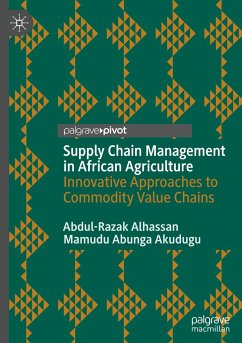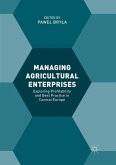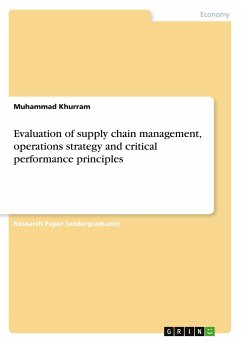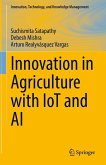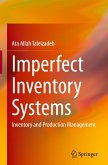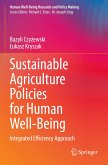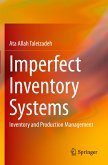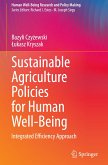This book examines supply and value chains in African agriculture, providing both a thorough analysis of existing practices and practical business models for future development. It examines why Africa is a net importer of food, despite its vast agricultural potential, using the tomato value chain in Ghana as a case study.
The book explores commodity value chain structures; commodity clusters, arenas, linkages and business models; systematic constraints within commodity value chains; and value chain profiling in practice among others. It would benefit policy makers, policy implementers, development practitioners, agri-entrepreneurs, researchers and all those who have interests in the transformation of African agriculture. It will also be an excellent reference material for students of agriculture management, agribusiness, agricultural economics, and rural development.
The book explores commodity value chain structures; commodity clusters, arenas, linkages and business models; systematic constraints within commodity value chains; and value chain profiling in practice among others. It would benefit policy makers, policy implementers, development practitioners, agri-entrepreneurs, researchers and all those who have interests in the transformation of African agriculture. It will also be an excellent reference material for students of agriculture management, agribusiness, agricultural economics, and rural development.

